Top 10: The all-time most cited scientific articles from CBS researchers – is your paper on the list?
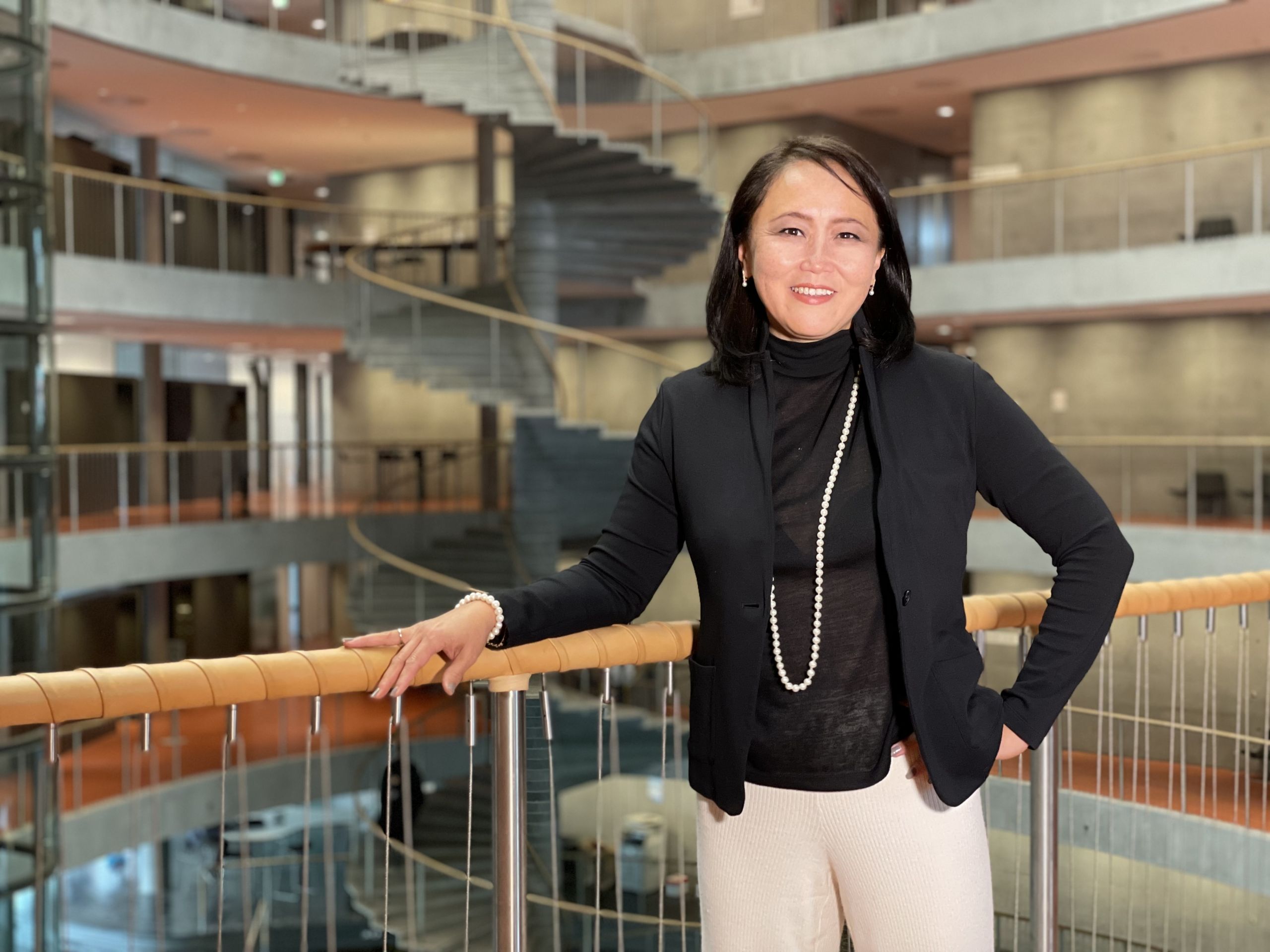
Professor Dana Minbaeva has a paper on the top 10-list of most cited scientific articles published by CBS researchers. (Photo: Anne Thora Lykkegaard)
A well-cited scientific article can put a researcher’s career on course for success and proves that “your ideas are not completely useless”, as Professor Dana Minbaeva says. She is one of the top 10 authors listed among the most-cited scientific articles from CBS – ever. Check out the list of “research blockbusters”.
It was in HEC Paris’ library in 1999 that Professor Dana Minbaeva came across a book with a quote that laid the foundation for a scientific article that is now on the top 10 of most-cited articles ever to have been produced at CBS.
“In Kazakhstan, we did not have such a great access to books and articles. So, when I was doing my pre-doctoral studies at HEC, I spent a lot of time in the library looking through different books, I found interesting. One book about applied psychology had a chapter that basically presented a very straightforward formula: Behavior equals ability multiply by motivation. The key point was a multiplication. If ability or motivation is missing, there will be no performance. I found that idea interesting,” says Dana Minbaeva in her office at the Department of Strategy and Innovation at CBS.
Her scientific article ‘MNC knowledge transfer, subsidiary absorptive capacity, and HRM’ comes in 9th place on the top 10 of the most-cited scientific articles written by CBS researchers.
The list has been compiled by Dicte Madsen, Senior Advisor at CBS Library, who has used information from the Scopus database to make the list, which covers all scientific articles ever written at CBS and listed in Scopus.
CBS WIRE has reached out to Dana Minbaeva, Professor Keld Laursen, who tops the list, and Professor Peter Maskell, who has four articles on the list, to discuss what it means to them to have well-cited scientific articles in their repertoire – or as Keld Laursen calls them “research blockbusters”.
“Peter Maskell and I used to teach a course on publication, and initially, Peter was the one topping the list of most-cited researchers at CBS. But my article was on its way up,” Keld Laursen, Head of Department of Strategy and Innovation, recalls.
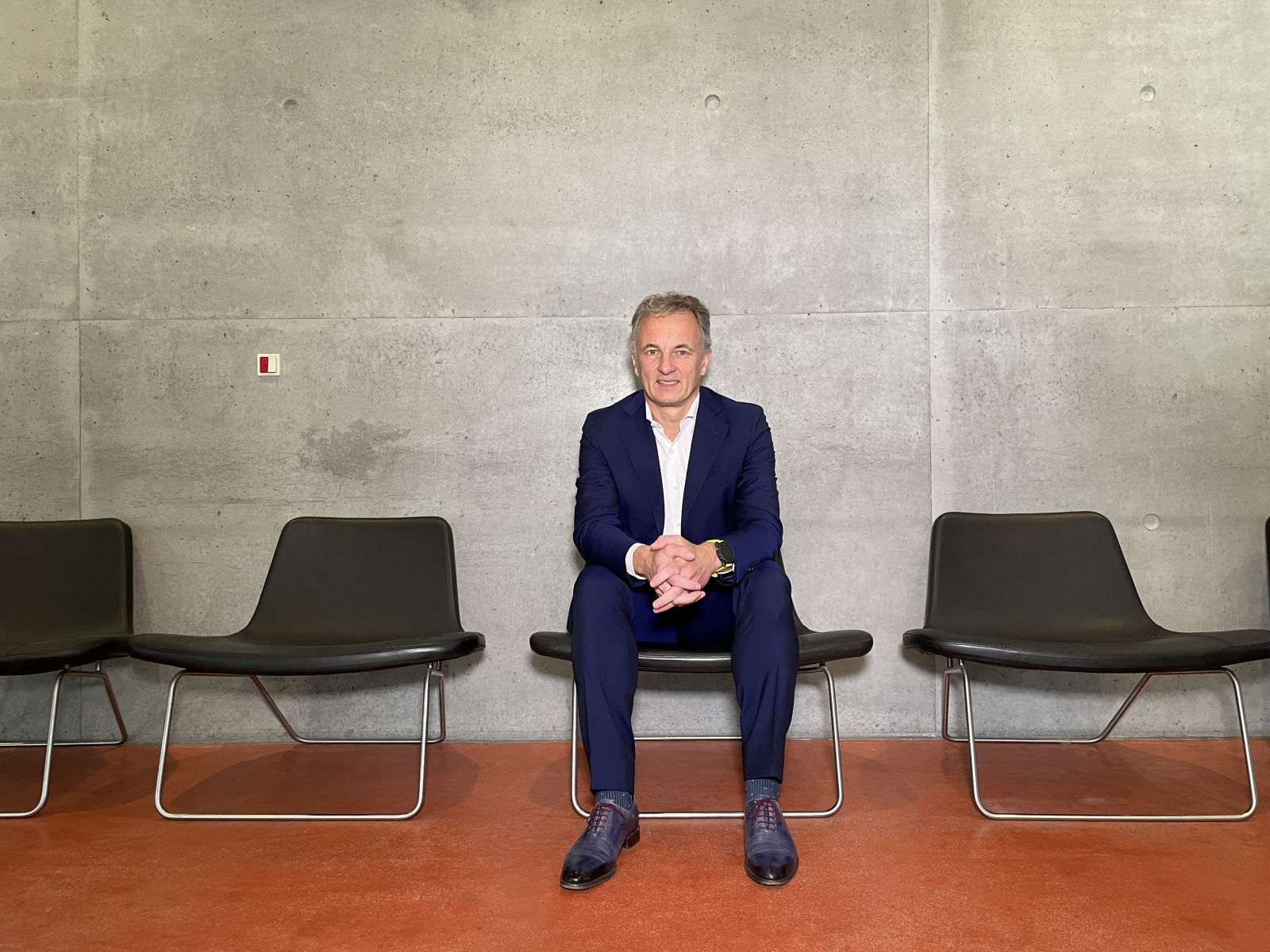
His and Ammon Salter’s paper, ‘Open for innovation: The role of openness in explaining innovation performance among U.K. manufacturing firms’, was published in 2006 in the Strategic Management Journal, and has 3,177 citations.
“Ammon and I had a feeling that this paper was special. I remember when Ammon called me up while I was at a conference in Groningen in the Netherlands, it was pouring down, and he told me that the paper had been accepted for the Strategic Management Journal. That was my first paper in an A+ journal. We started at the top in management research, and it has meant a lot to my career to have made a total research blockbuster,” he says.
Moreover, Keld Laursen and Ammon Salter have just received the Strategic Management Society’s Dan & Mary Lou Schendel Best Paper Prize for their scientific article from 2006.
“If you make scientific articles no one reads, it’s kind of a waste of life”
At the moment, Peter Maskell has four scientific articles on the list: 2. ‘Clusters and knowledge: Local buzz, global pipelines and the process of knowledge creation’, 3. ‘Localised learning and industrial competitiveness’ 6. ‘ The elusive concept of localization economies: towards a knowledge-based theory of spatial clusteringand’, and 10. ‘Towards a knowledge-based theory of the geographical cluster’. But it was not until he was 45 years old that he began writing his articles in English, and up until then, he had been somewhat “invisible” to the international audience.
“The majority of my scientific articles were published in local journals and in Danish. So, when I started to write them in English, I got citations and was invited to hold speeches, be a guest lecturer, and people from various universities around the world wanted to do their PhDs at my department with me as their supervisor. All of that would not have happened if I had not been cited,” he says.
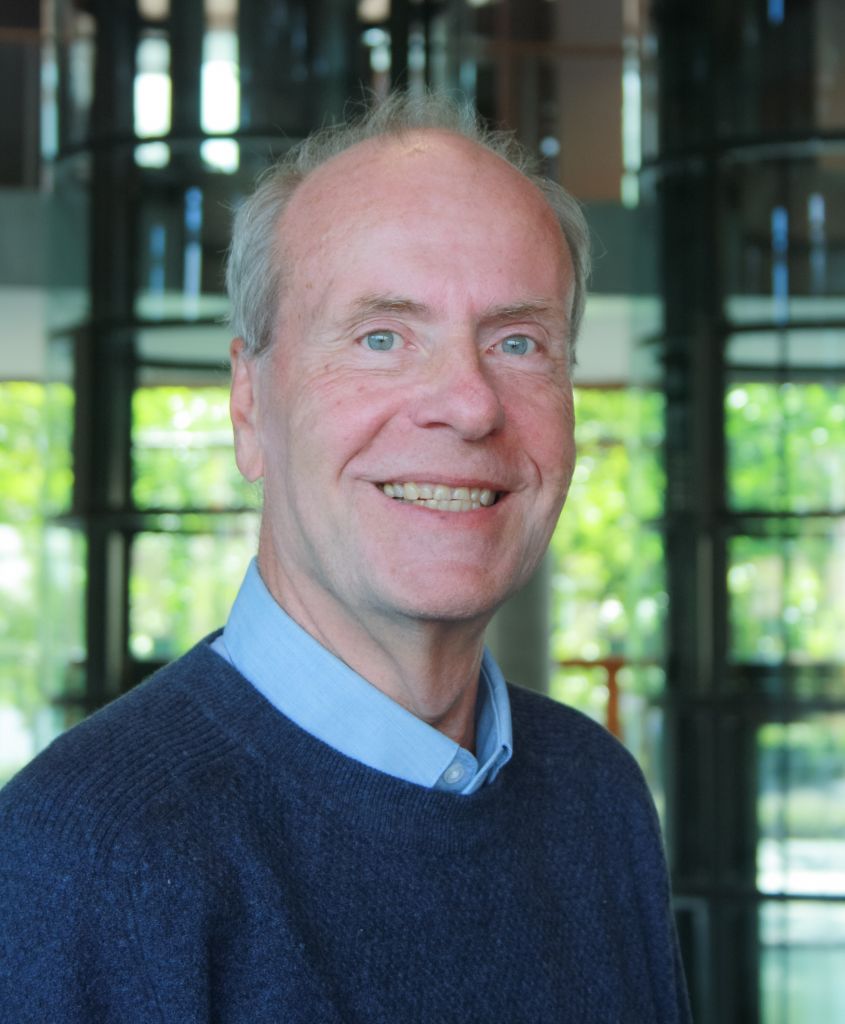
Professor Peter Maskell has two papers on the top 10 list. (Photo: CBS)
Today Peter Maskell does not care much about citations – at least he does not check them regularly or produce research with citations as his main aim. But he does care whether his research has an impact.
“It is nice to know that what you produce is being put to use somehow. If you make scientific articles that no one reads, it’s kind of a waste of life. But the number of citations isn’t necessarily a quality stamp. Articles can be picked up at random and become popular all of a sudden,” he says and continues:
“Today, it does not mean a whole lot to my career, but to others it means a great deal. You cannot get a job without having a list of good publications. Nowadays it’s a competition parameter. In my opinion, too much emphasis is put on citations rather than on what constitutes great research. But, all in all, I’m happy to see that I’m climbing down the list and leaving space for younger faculty members to take over.”
“It made my name recognizable”
After joining CBS’ PhD program, Dana Minbaeva started working on her research idea. At that time, her supervisor, Professor Torben Pedersen, worked in close collaboration with researchers from Hanken School of Economics – Ingmar Björkman and Carl F. Fey. Using their data, Dana Minbaeva and Torben Pedersen managed to test their idea about absorptive capacity as a behavioral concept, comprising both of ability and willingness to engage in knowledge transfer.
“Torben Pedersen wanted me to be first author, and I didn’t care. But he insisted. He kept saying: ‘It’s your idea’. Looking back, I’m quite sure being first author made my name recognizable in the field of International Business,” says Dana Minbaeva.
She explains that she was surprised that her co-authors submitted the article to the Journal of International Business studies, one of the best journals in the field – A+ and 4-star in rankings.
“I was so sure that it would not go through. I’m not sure why I was so sure about it. I guess I was afraid of failure. Think about it: you are going all in knowing that there is a 95% risk that your article will be rejected. At that time, I did not know that, and without failure there is no achievement,” she says.
The paper was accepted, and in 2013, it was awarded the prestigious JIBS Decade Award – the most influential paper published in the Journal of International Business Studies between 2003 – 2013. Moreover, when Dana Minbaeva became elected as a Fellow if the Academy of International Business, this article was named in her nomination as a major contribution to the field of International Business.
For Dana Minbaeva, the scientific article that was published at the beginning of her career laid the foundation for her career.
“I cannot say I got a job because of it, but having that paper on my publication list proved that I was a good candidate. And the citations show that the idea wasn’t useless,” she says.



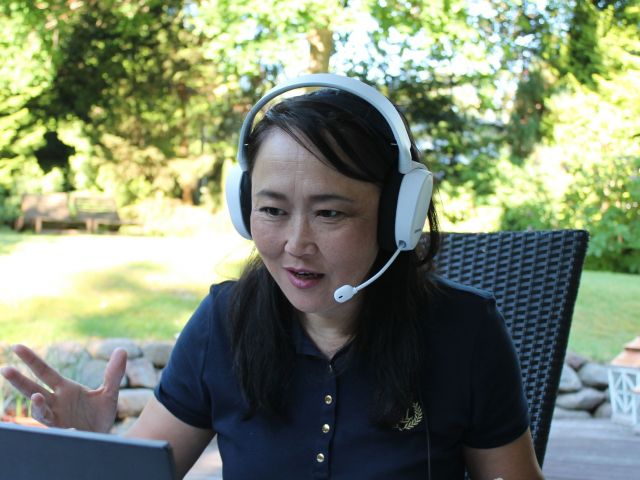

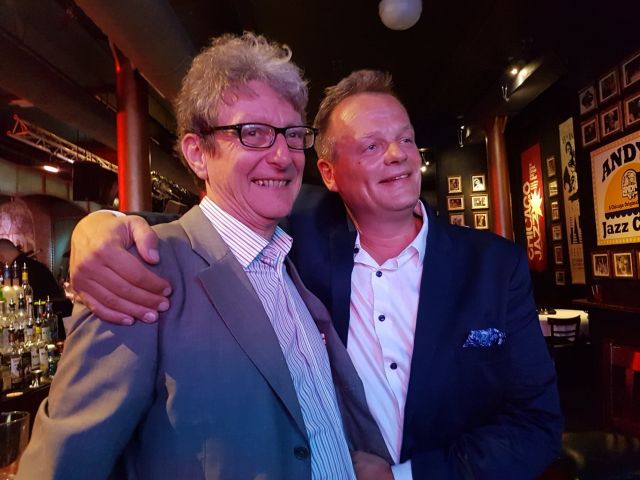
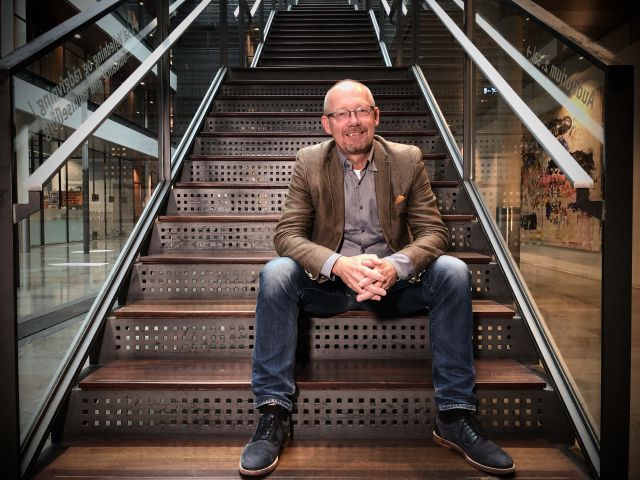
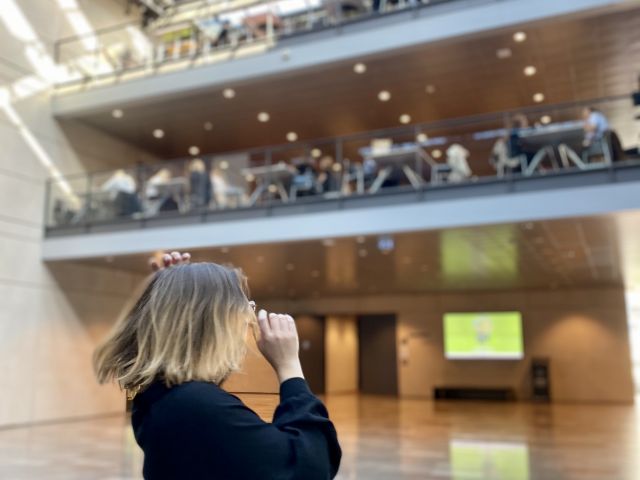
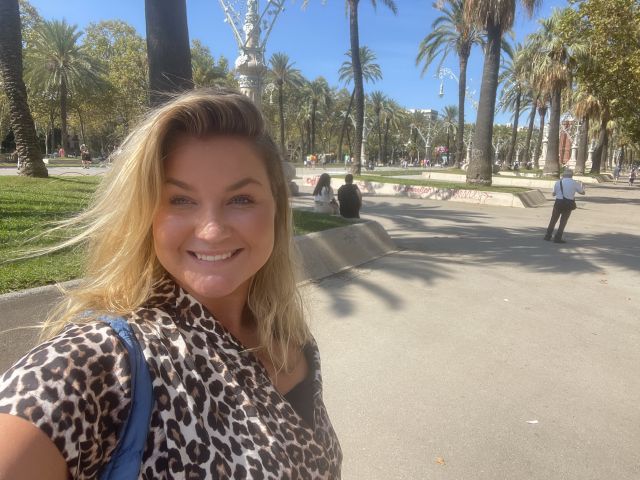




























































































































Hmmm, if Jeromy Moons paper was cited 3,504 times in 2019, why is it not on the list now?